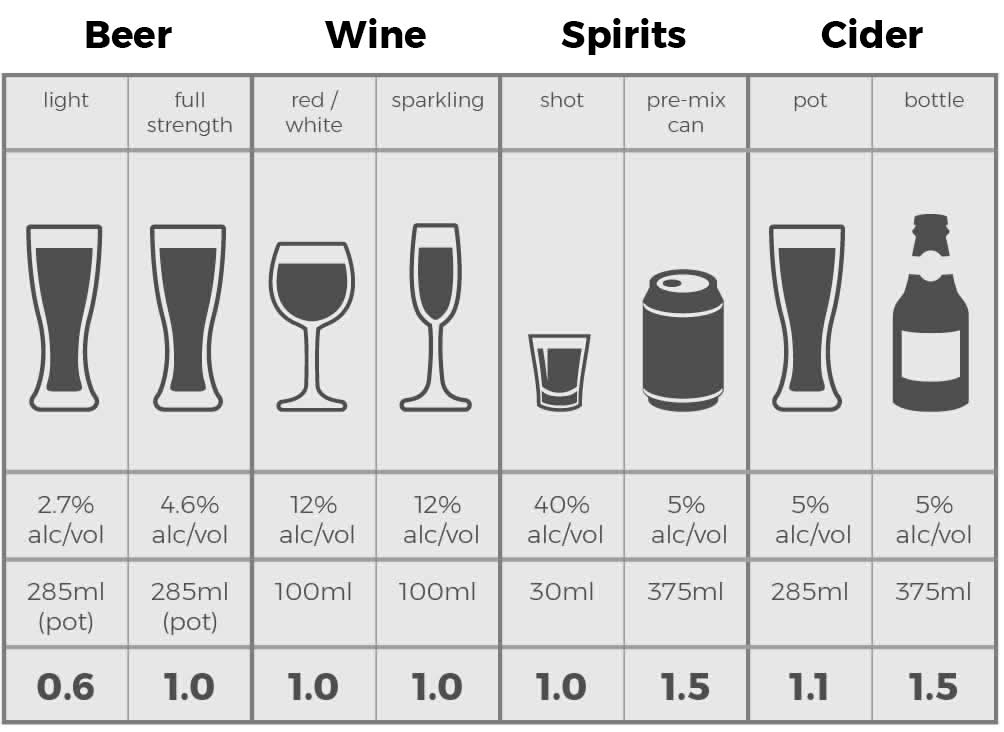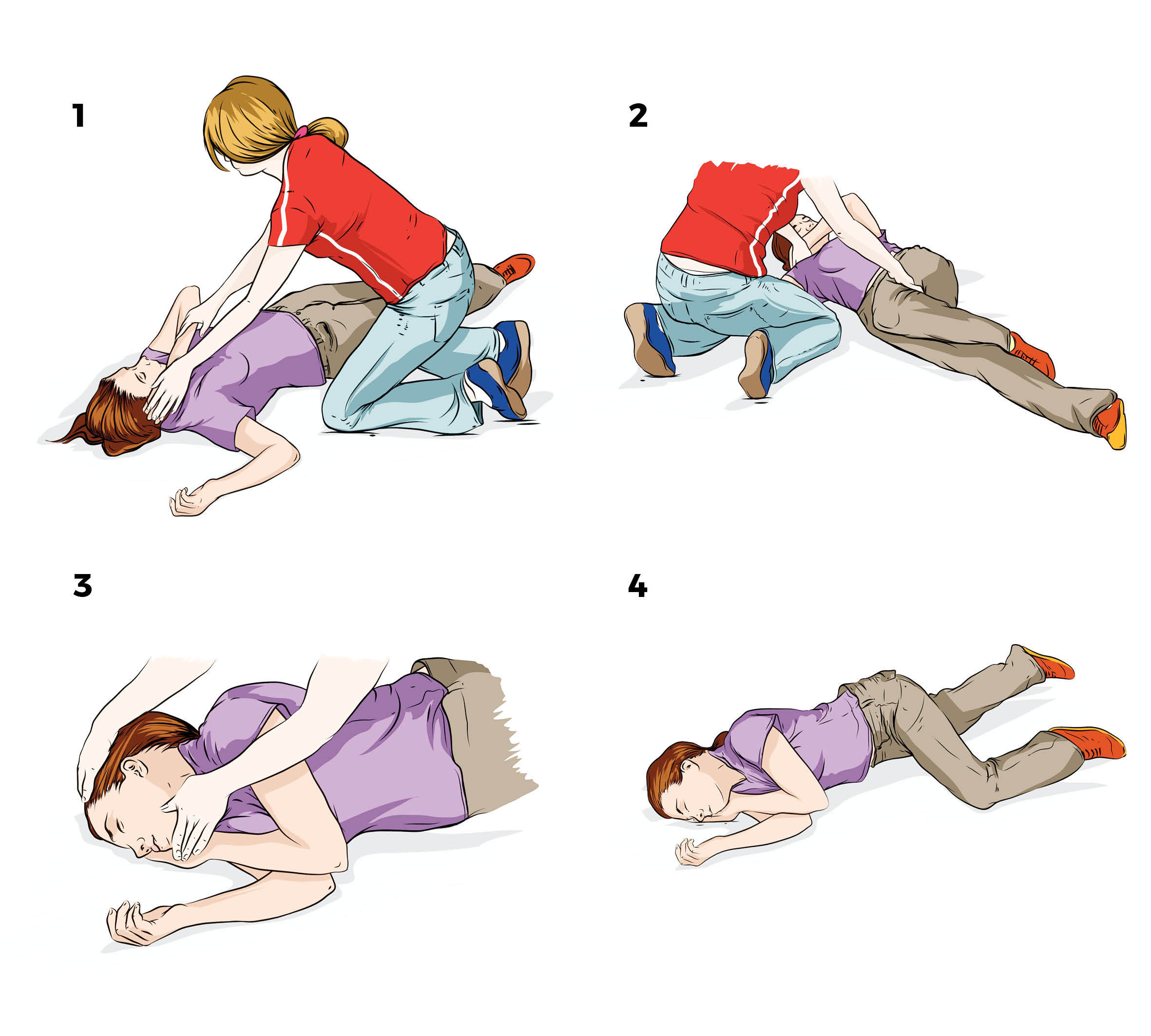Alcohol
Also called booze, grog, liquor
Alcohol is a depressant drug which means that it slows down the functioning of the brain and the body. Alcohol is the most commonly used drug in Australia.
People commonly consume alcohol to feel relaxed and increase confidence. Some other short-term effects include:
- Dizziness
- Slower reflexes
- Poor balance
- Poor co-ordination
- Slurring of words
- Drowsiness
- Impaired judgment
If a person consumes a large amount of alcohol in a short period of time they may experience:
- Headaches
- Nausea and vomiting
- Agitation
- Mood swings
- Disinhibited behaviour
- Loss of consciousness
- Respiratory arrest including death
Alcohol affects people differently and it can depend on what you drink and how much, how quickly you drink it, your size and weight, and whether you’re male or female. Consuming alcohol with over the counter, prescribed medications and other drugs can increase the risk of an overdose.
- Memory loss
- Confusion
- Poor sleep
- Increased risk of a range of cancers
- Liver disease
- Heart disease
- Fertility problems
- Diabetes
- Dementia
Some long term mental health effects linked to alcohol use include decreased motivation, mood swings, depression and anxiety, all of which increase the risk of self-harm and suicide.
It is important to know that drinking alcohol is never completely safe.
- Healthy adults should drink no more than 10 standard drinks in a week, and no more than 4 standard drinks on any one day.
- People under 18, and women who are pregnant, planning a pregnancy, or breastfeeding should not drink any alcohol.
Counting the number of standard drinks is the easiest way to keep track of how much alcohol you are drinking; one standard drink contains 10 grams or one unit of pure alcohol. The label on the bottle or the pack shows the number of standard drinks it contains. See below for some examples.

- Spending a great deal of time getting, using, or recovering from the effects
- Using in greater amounts, or for longer than originally planned
- Needing to use more to get the same effect
- Having cravings, difficulties stopping/reducing use
- Experiencing withdrawal symptoms
- Social problems including relationship issues, financial problems, impacts on study or work and legal problems
For people who are dependent on alcohol, it is recommended that medical advice be sought before stopping use. When someone is dependent on alcohol, ceasing alcohol can cause withdrawal symptoms which may have medical complications. Withdrawal symptoms can be unpleasant however they will usually resolve within a week, though difficulties with sleeping may take longer. Common withdrawal symptoms include nausea, tremors, seizures, sweating, poor sleep, agitation, anxiety, hallucinations and cravings.
Sometimes it can take a few attempts to cut back or cease drinking.
- Focus on reasons for cutting down or stopping
- Set limits on when and how much alcohol is consumed
- Avoid ‘triggers’ (i.e. things associated with using such as places, people and stressful situations)
- Ask a friend, family member or health professional for support
Women who are pregnant, planning a pregnancy, or breastfeeding should not drink alcohol. Drinking alcohol during pre-pregnancy planning or pregnancy increases the risk of miscarriage, stillbirth, and perinatal death. Consuming alcohol while pregnant may also cause foetal alcohol spectrum disorder (FASD). Anyone who is concerned about their alcohol use during pre-pregnancy planning or while pregnant or breastfeeding should talk to their doctor or other health professional.
Adis 24/7 Alcohol Drug Support is a 24 hour, 7 day a week confidential support service for people in Queensland with alcohol and other drug concerns, their families and health professionals.
Talk to us. Anytime, anywhere.
1800 177 833
Signs of having consumed too much alcohol or an overdose may include;
- Cold, clammy and pale skin
- Vomiting
- Slow breathing
- Losing consciousness
If the person has collapsed or lost consciousness, call an ambulance on triple zero (000). If they have stopped breathing commence CPR. If they are breathing normally, place them into the recovery position and wait with the person until the ambulance has arrived.

Adis - Understanding Alcohol Fact Sheet
Adis fact sheet providing information on alcohol.
Take a self assessment quiz, it's free and only takes 5 minutes.
